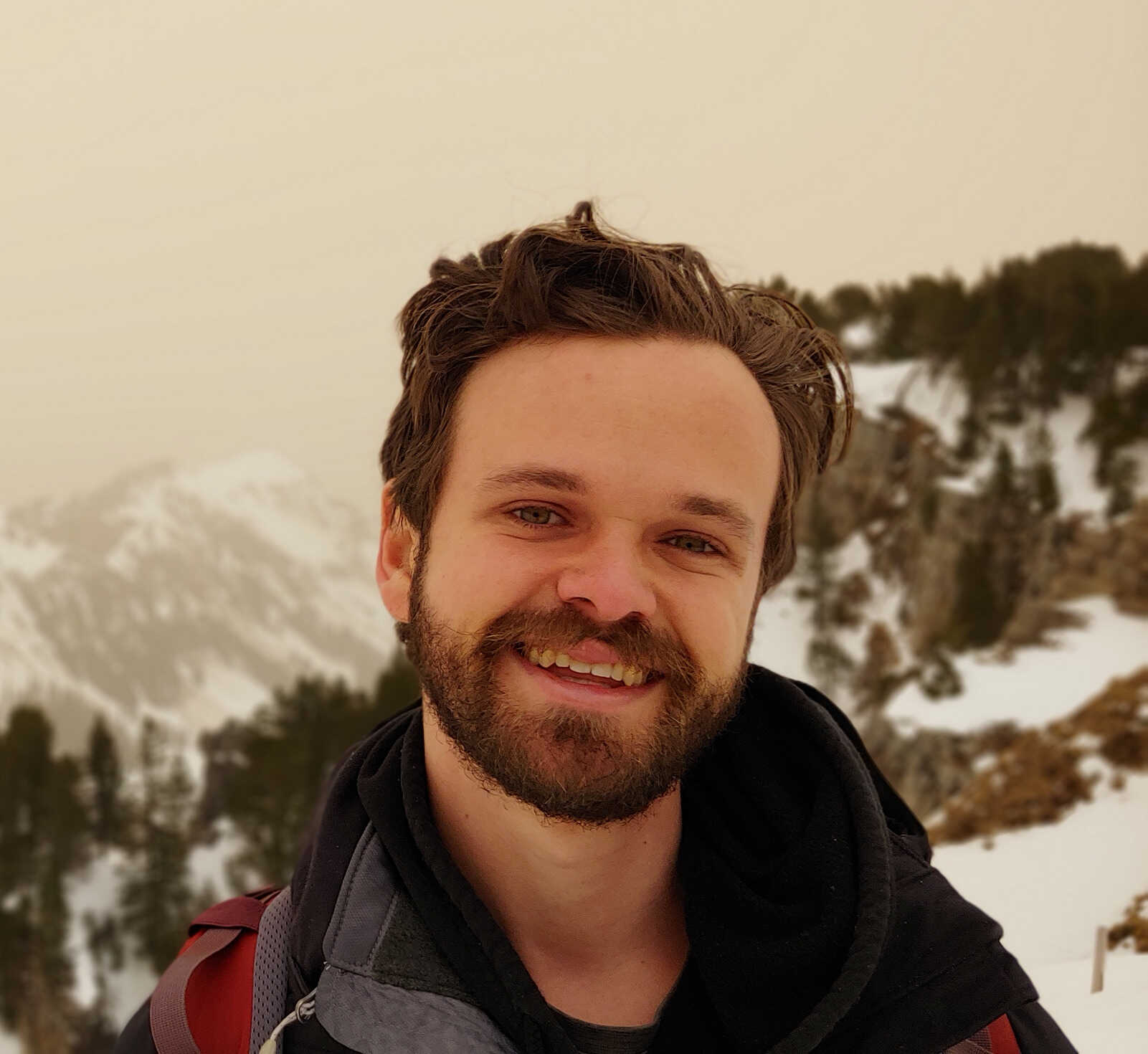People
Faculty
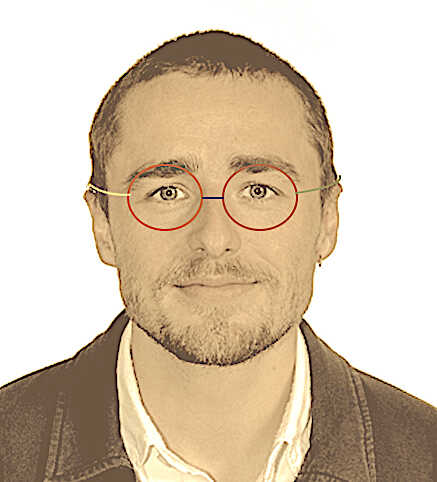
Christopher Barrie
Christopher Barrie is Lecturer in Computational Sociology at the University of Edinburgh. He specializes in the study of protest, conflict, and communication. He is particularly interested in advancing the use of use digital trace, news, and communications data to study populations that have traditionally been 'hard-to-reach' in the empirical social sciences.
Karen Gregory
Karen Gregory is a digital sociologist, ethnographer, and lecturer in the department of sociology at the University of Edinburgh and Programme Director of the MSc in Digital Society. She is currently at work on a research project that examines the possibilities for solidarity in a digital economy, conducting interviews among Deliveroo riders in Scotland. She is also interested in new and emerging digital research methods and research ethics in digital scholarship.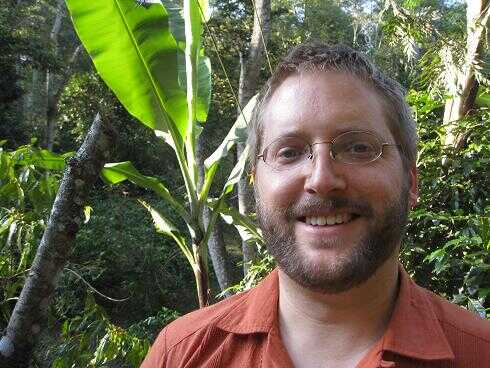
Tod Van Gunten
Tod Van Gunten is a comparative economic and political sociologist with interests in social networks, development, organizations, globalization, the sociology of knowledge and professions, and sociological theory. His empirical research centers on elite political networks and the economic sociology of financial institutions, particularly in Latin America.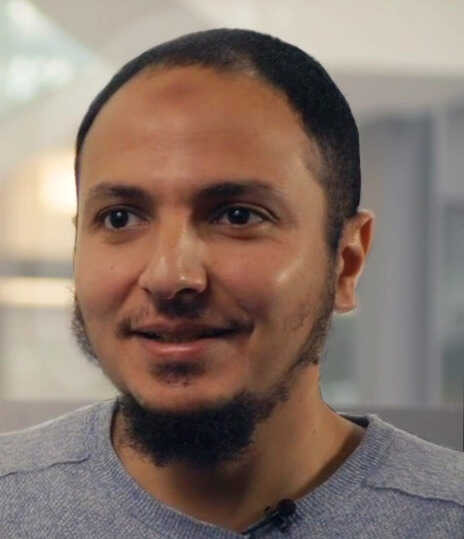
Walid Magdy
Walid Magdy is a faculty member at the Institute for Language, Cognition and Computation (ILCC), part of the School of Informatics, the Univeristy of Edinburgh. He is also a faculty fellow at The Alan Turing Institute. His main expertise is in computational social science, data mining, and natural language processing. He holds a PhD degree from the School of Computing, Dublin City University (DCU). He has a large industrial background from working earlier for Qatar Computing Research Institute (QCRI), Microsoft, and IBM.
Björn Ross
Björn Ross is a Lecturer (Assistant Professor) in Computational Social Science at the University of Edinburgh School of Informatics, in the Institute for Language, Cognition and Computation. In his research, he primarily uses computational methods from agent-based modelling, natural language processing and social network analysis to study social media and related technologies. A key focus of his research is to explore different aspects of social media, such as misinformation, hate speech, and the malicious use of automation (bots), as well as how social media can be used effectively for social good, such as in crisis communication.Speakers
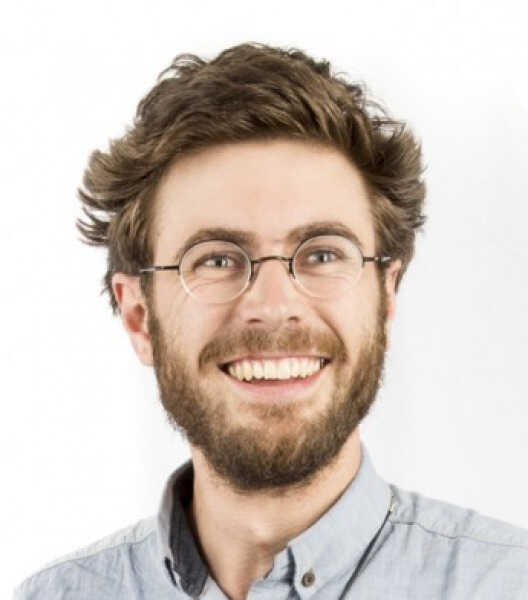
Benjamin Bach
Dr Benjamin Bach is a Lecturer in Design Informatics and Visualization at the University of Edinburgh. His research designs and investigates interactive information visualization interfaces to help people explore, communicate, and understand data. Before joining the University of Edinburgh in 2017, Benjamin worked as a postdoc at Harvard University (Visual Computing Group), Monash University, as well as the Microsoft-Research Inria Joint Centre. Benjamin was visiting researcher at the University of Washington and Microsoft Research in 2015. He obtained his PhD in 2014 from the Université Paris Sud where he worked at the Aviz Group at Inria. The PhD thesis entitled Connections, Changes, and Cubes: Unfolding Dynamic Networks for Visual Exploration got awarded an honorable mention as the Best Thesis by the IEEE Visualization Committee.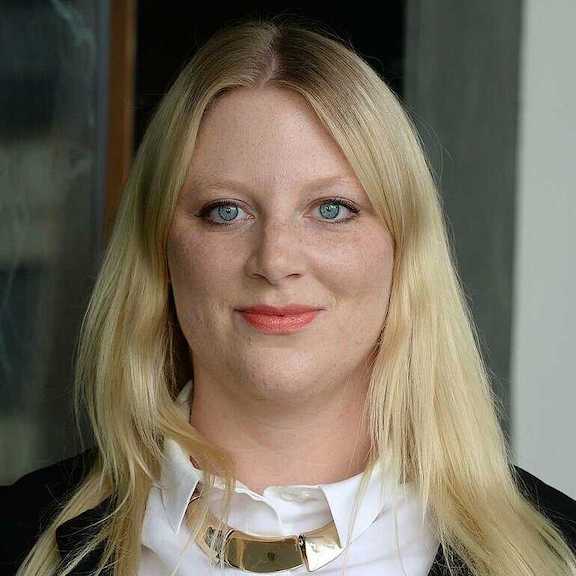
Anita Gohdes
Prof. Dr. Anita Gohdes is Professor of International and Cyber Security at the Hertie School. Her research focuses on contentious politics in the cyber realm, with a current emphasis on large-scale quantitative analyses of state behaviour. Previously, she was Assistant Professor of International Relations at the University of Zurich, and postdoctoral research fellow at Harvard Kennedy School's Belfer Center International Security Program. Since 2009, she has worked for the California-based non-profit organisation Human Rights Data Analysis Group. She currently advises the German Federal Foreign Office, and has consulted for the World Bank and the United Nations on security and state fragility.
Clare Llewellyn
Dr Clare Llewellyn is Lecturer in Governance, Technology, and Data, at the School of Social and Political Science, University of Edinburgh. Her research uses large scale text and social media data to analyze trends in public opinion as well as online mis and disinformation campaigns. She has have extensive experience in working in a trans-disciplinary environment and has produced co-authored papers with academics from informatics, politics, information studies, and social work. She has have developed novel data analysis techniques, underpinned by data science technologies such as natural language processing, supervised and unsupervised machine learning and statistical analysis.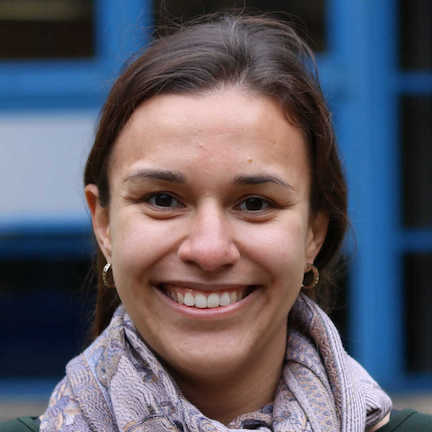
Carolina Scarton
Dr Carolina Scarton is Lecturer in Natural Language Processing, University of Sheffield, UK where she is also a member of the Natural Language Processing group and part of the GATE team. Dr Scarton is particularly interested in text adaptation, machine translation, online misinformation detection and verification, evaluation of NLP task outputs, NLP applied to healthcare and robotics, and dialog systems.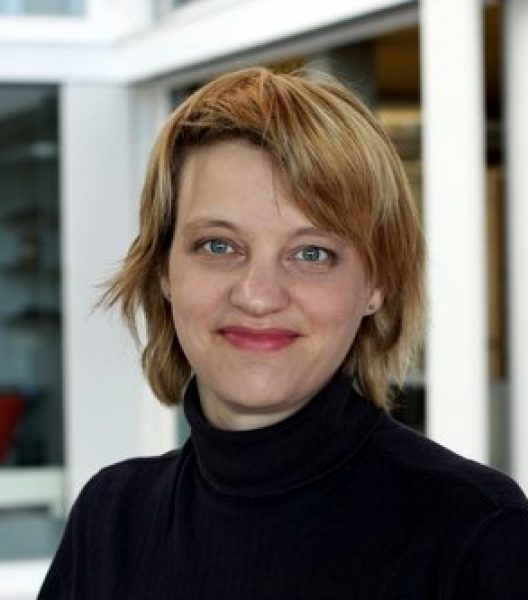
Maria Wolters
Dr Maria Wolters is Reader in Design Informatics, School of Informatics, and Academic Associate, School of Philosophy, Psychology, and Language Sciences, University of Edinburgh, and a Fellow of the Alan Turing Institute for Data Science. Her research focuses on supporting people with chronic illness to live rich and meaningful lives. Maria has published over 80 peer reviewed papers and has been PI or Researcher Co-I on grants funded by the EPSRC, European Union, and Leverhulme Trust. She is Programme Director of the MSc and Advanced MSc in Design Informatics.Teaching Assistants

Aybuke Atalay
Aybuke Atalay is a PhD student based in the School of Social and Political Science at the University of Edinburgh. She is particularly interested in the role of automated accounts (i.e. bots) in social media manipulation and online disinformation in hybrid regimes. She is currently investigating bots in the Turkish Twittersphere.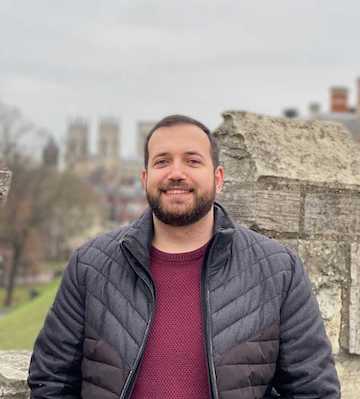
Ibrahim Abu Farha
Ibrahim Abu Farha is a PhD student at the School of Informatics, the University of Edinburgh. He is working under the supervision of Walid Magdy and Bonnie Webber. He is also a member of the SMASH research group. His general research interests are Natural Language Processing (NLP), Arabic NLP, Computational Social Science and Machine Learning. His current research interest is sarcasm detection and figurative language anlaysis and detection in the context of Arabic.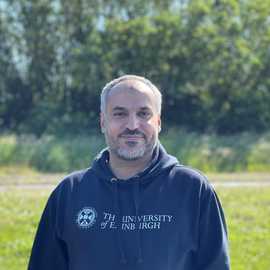
Youssef Al Hariri
Youssef AL Hariri is a PhD student at ILCC, School of Informatics, the University of Edinburgh. He received his BSc (Honors) in Computer Engineering from Qatar University in 2017, and MSc in Artificial Intelligence from the University of Edinburgh in 2018. He is interested in studies related to social computing, social network analysis and NLP.Participants
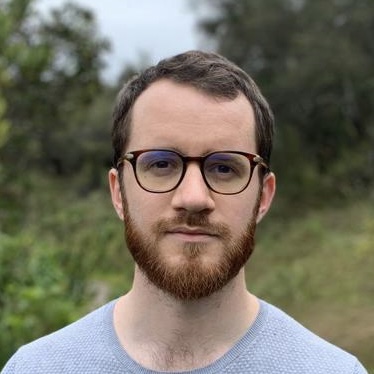
Bruno Schmidt-Feuerheerd
Bruno Schmidt-Feuerheerd is a PhD student in political science at the University of Cambridge. His research investigates the confluence of culture, nationalism, and legitimation processes in non-democracies. On field research in Saudi Arabia, he conducted interviews, digitized previously untapped archival sources for quantitative analysis, and collected Twitter data.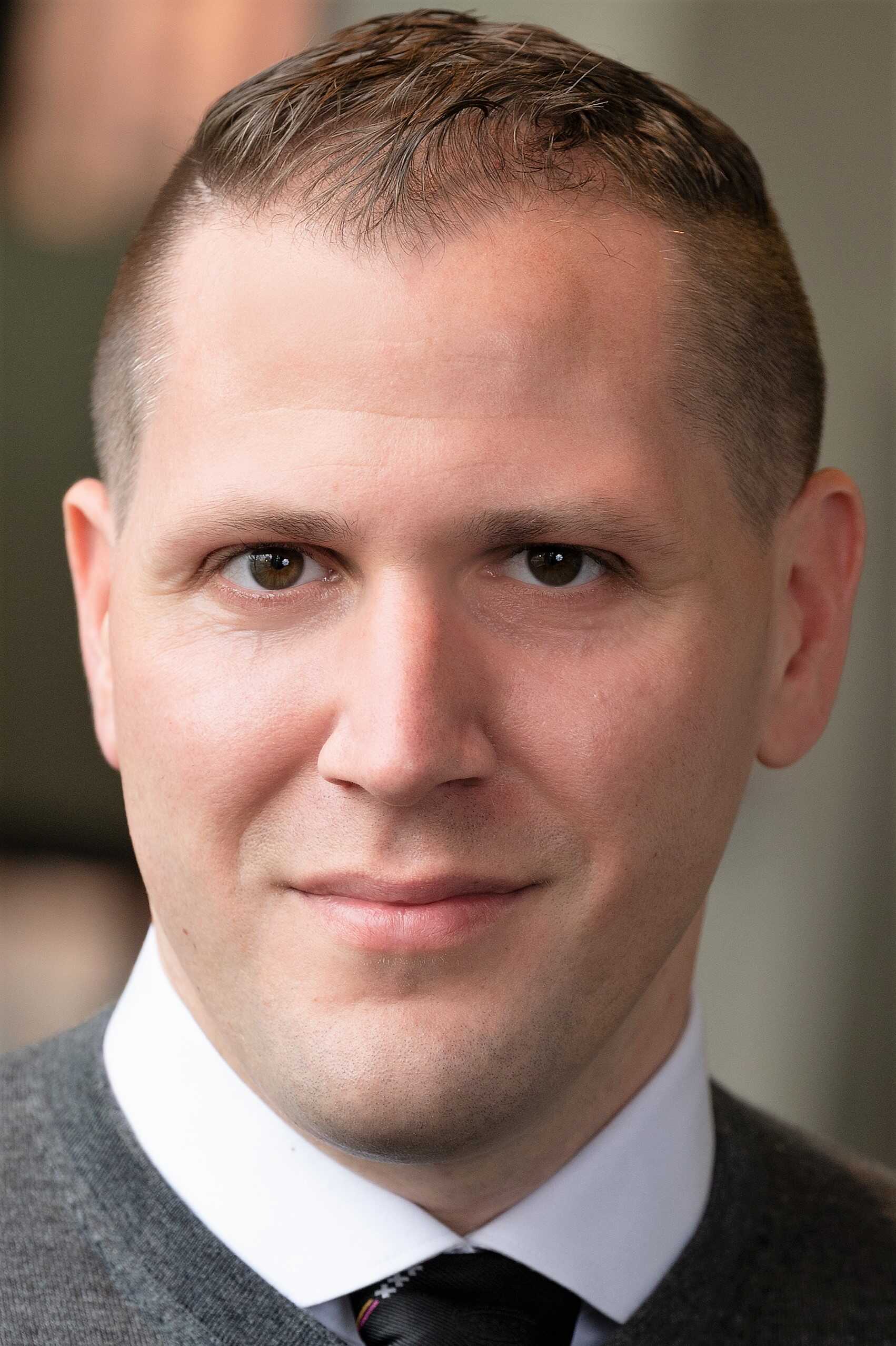
Joseph Van Matre
Joseph Van Matre is a doctoral candidate at Vrije Universiteit Amsterdam’s Center for Philanthropic Studies. His research interests on the civic and social development of university students and of queer youth and adolescents. Prior to his doctoral work he held staff research positions at Stanford GSE and University of California Office of the President. He holds an MA in Economics from Vanderbilt University and a BS in International Business from the University of Arkansas.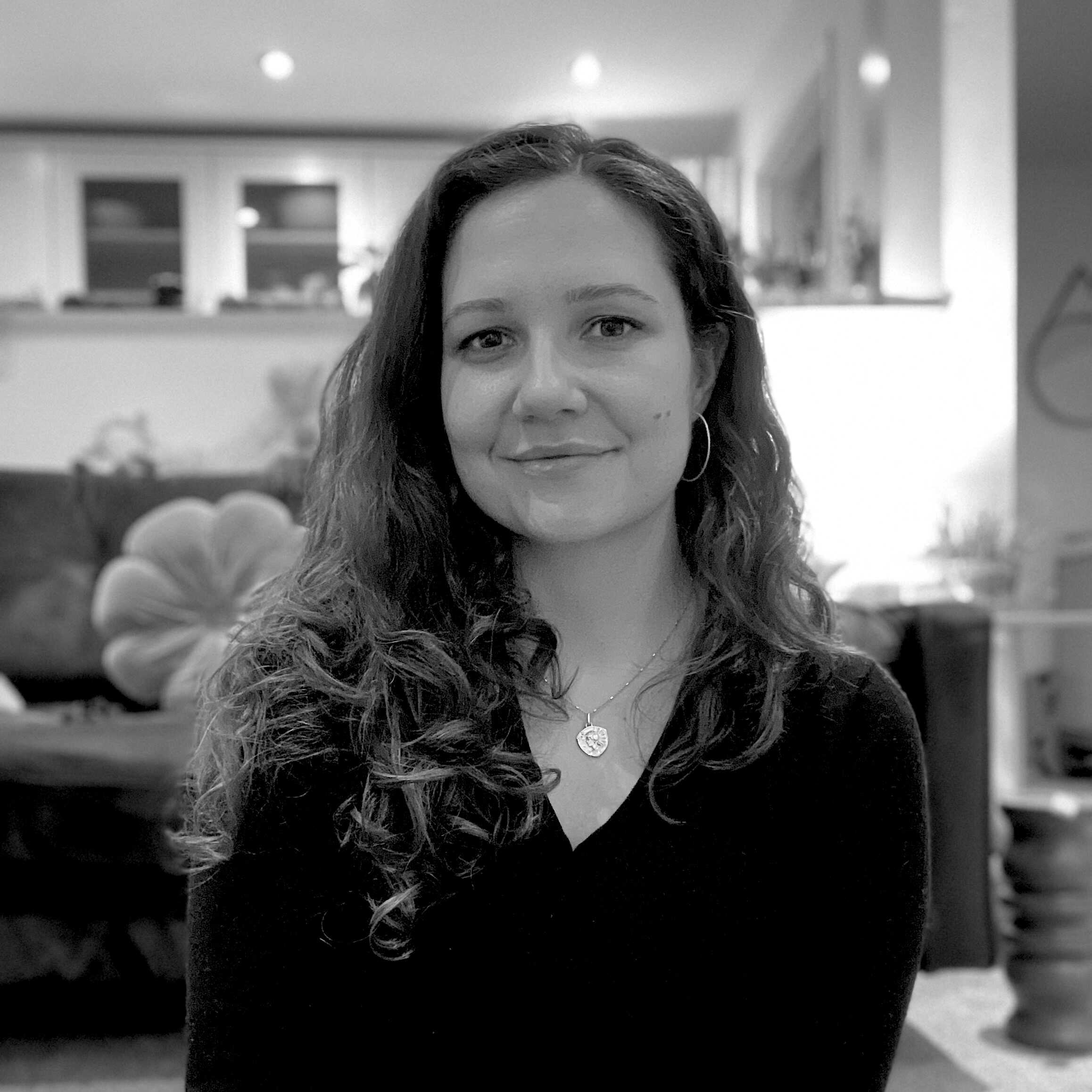
Sarah Jewett
Sarah Jewett is a Ph.D. candidate in the Department of Government at the London School of Economics and Political Science, specializing in quantitative text analysis. Her research focuses on the mechanisms and processes of perpetration of mass violence and what we can learn about these through international criminal justice.
Alessio Scopelliti
Alessio is a PhD candidate in Political Science at the University of Bristol where he explores the ideological flexibility of established radical right parties with regards to the new transnational cleavage. His main research interests are Right-Wing Parties, European Politics and Populism. Alessio is also a Doctoral Fellow at CARR.
Isabel Krakoff
Isabel is a doctoral student in sociology at York University. Her current research explores the intersection of human rights and the global rise of populism through a focus on the ongoing clash between the religious freedom and LGBTQ+ rights movements in the United States.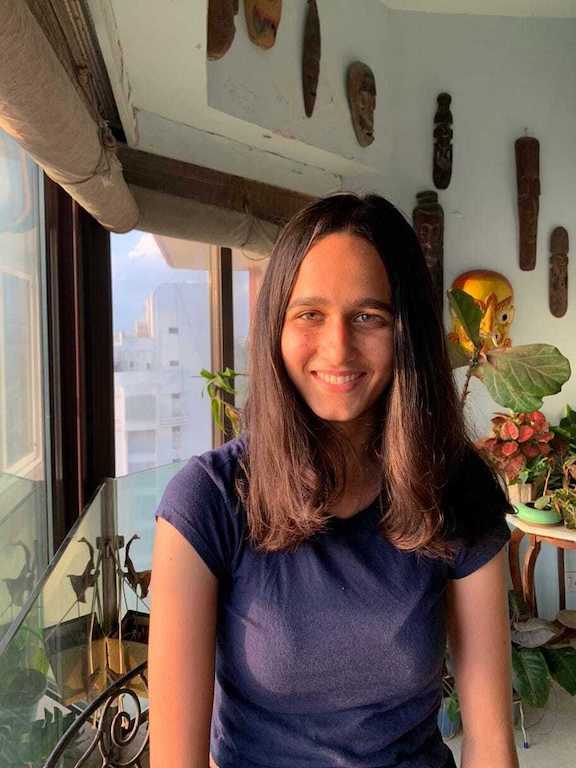
Alisha Kelkar
Alisha Kelkar is an undergraduate student at the University of North Carolina at Chapel Hill where she is majoring in Computer Science and Psychology. Her research interests focus on the intersection of computer science, psychology and linguistics. In particular, she wants to use machine learning and NLP tools to study cognition and language usage.
Alexander Wuttke
Alexander is a Postdoctoral Research Fellow at the University of Mannheim. In his research he explores democratic backsliding from the perspective of ordinary citizens. Moreover, he is engaged in disciplinary debates on transparent and inclusive research.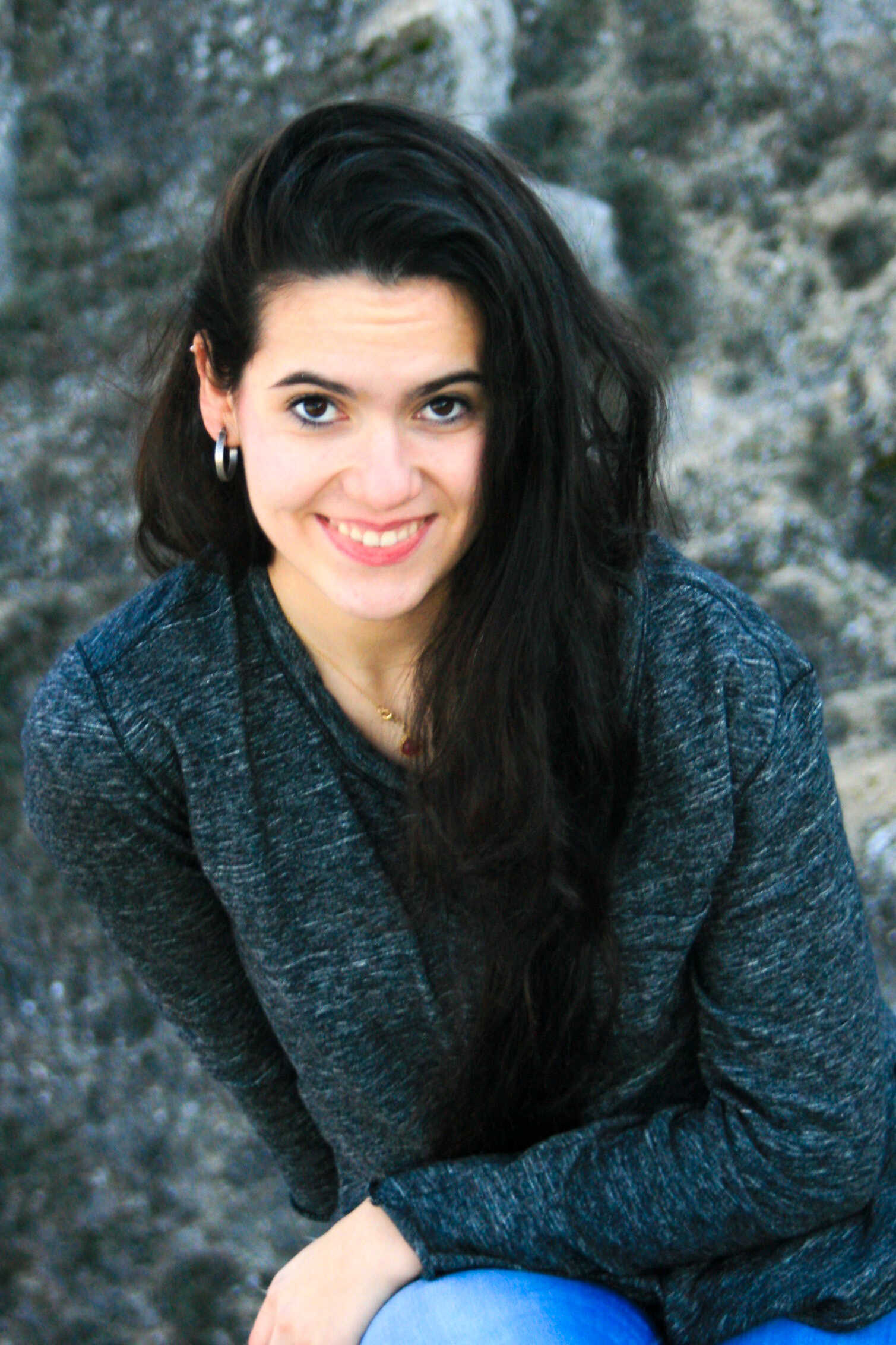
Esther Gonzalez Hernando
Esther is currently pursuing a PhD in Population Health at the University of Edinburgh. Her research focuses on examining discourses and practices of public involvement in the governance of digital health technologies. She is also broadly interested in exploring how computational social science can be used to study global health governance and health policy. She holds hold an MSc in Global Health Policy from the University of Edinburgh and a BSc in Biotechnology from Universidad Politecnica of Madrid. Before beginning her PhD, she worked on public health emergency response for the World Health Organisation.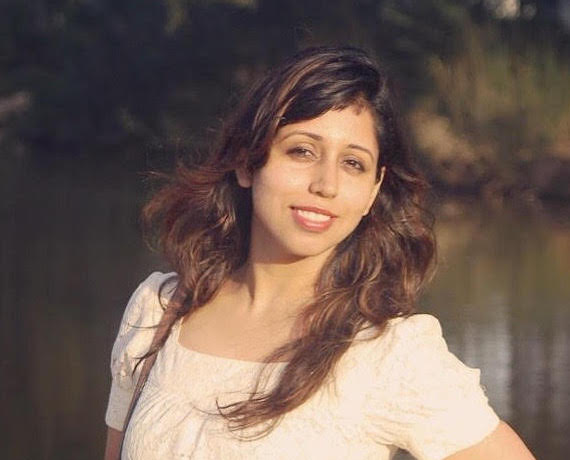
Arpita Tripathi
Arpita Tripathi is a first year PhD student at the School of Public Health, University of Pittsburgh. Her broad research goal is to leverage technology for designing effective tobacco and smoking prevention interventions. She is currently using social media data to examine emerging tobacco trends in the US. She uses mixed, computational social science, and community-based participatory research methods in her work.
Katharina Baum
Katharina Baum is a Ph.D. student at the Weizenbaum Institute for the Networked Society, Berlin and the University of Potsdam. She holds a Master’s degree in Economics and Management Science. Her research examines the effects of social media use on well-being (e.g. self-esteem) and societal outcomes (e.g., inequality perceptions).
Nicolette Dakin
Nicolette is PhD student in Critical Social/Personality and Environmental Psychology at the Graduate Center of CUNY. She also holds a Master's in Social Work from NYU. Her research interests are focused on the roles of ideology, social identity, and discourse in emergent social issues, such as climate change and political polarization. She is particularly interested in utilizing mixed methods approaches to policy-oriented research.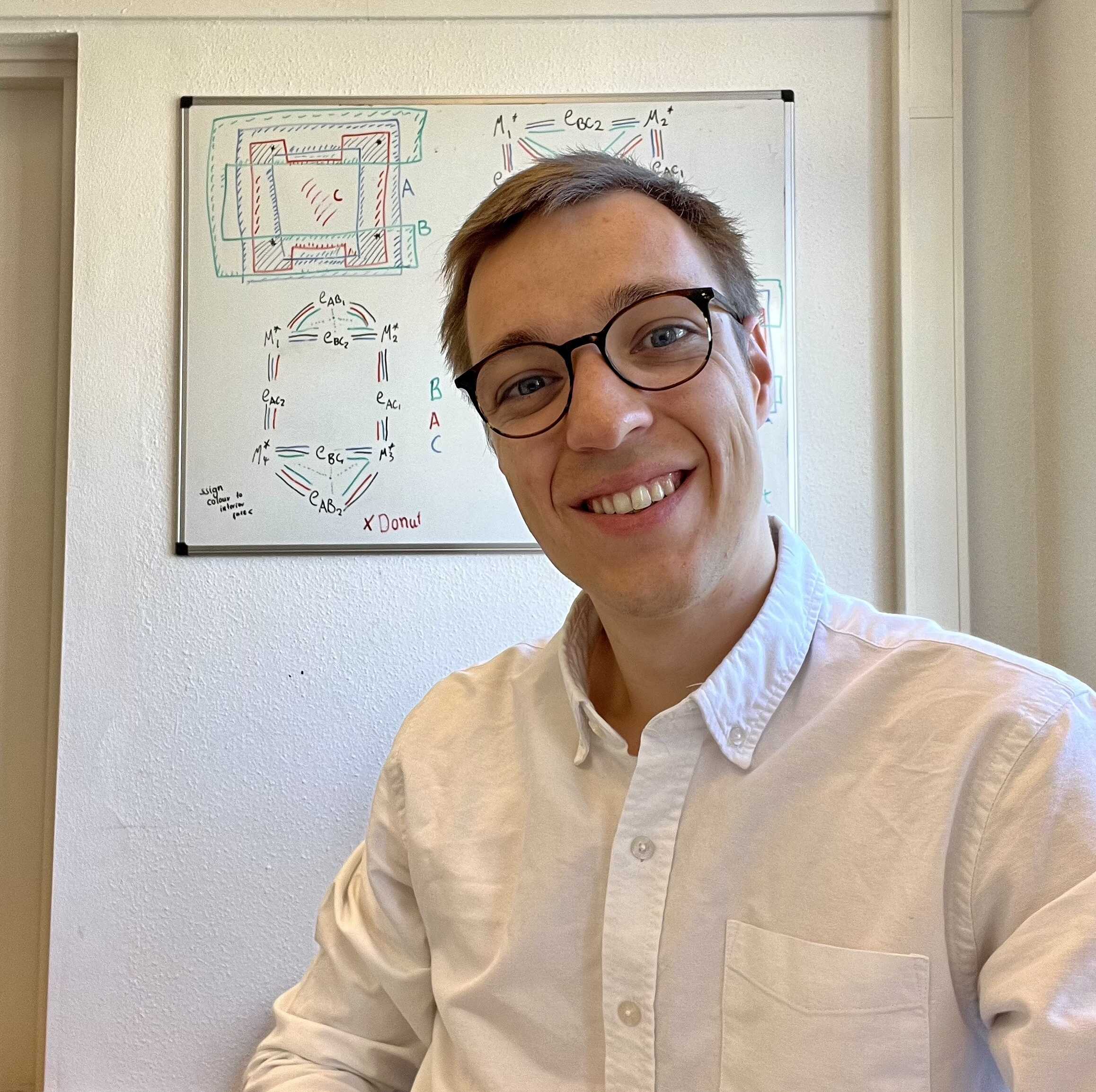
Francois t'Serstevens
François t’Serstevens is a PhD candidate in the department of Data analytics and Digitalisation at Maastricht University. His research leverages machine learning to better understand and prevent the spread of fake news through social media.
Fabio Votta
Fabio Votta is pursuing a PhD in Political Communication at the University of Amsterdam. In his dissertation, he researches the practice of political microtargeting, specifically in regards to the affordances provided by social media platforms and how advertisers make use of the technique. He is very enthusiastic about teaching statistics and computational methods, both introductory and more advanced topics.
Stefanie Klein
Stefanie Klein is a PhD student in the Everyday Media lab at the Leibniz-Institut für Wissensmedien in Tübingen, Germany. Using experimental and computational methods, she investigates the impact of conversational features of chatbots on user acceptance and company image. She holds a B.A. and a M.A. in Social Sciences with a focus on empirical research from the University of Stuttgart.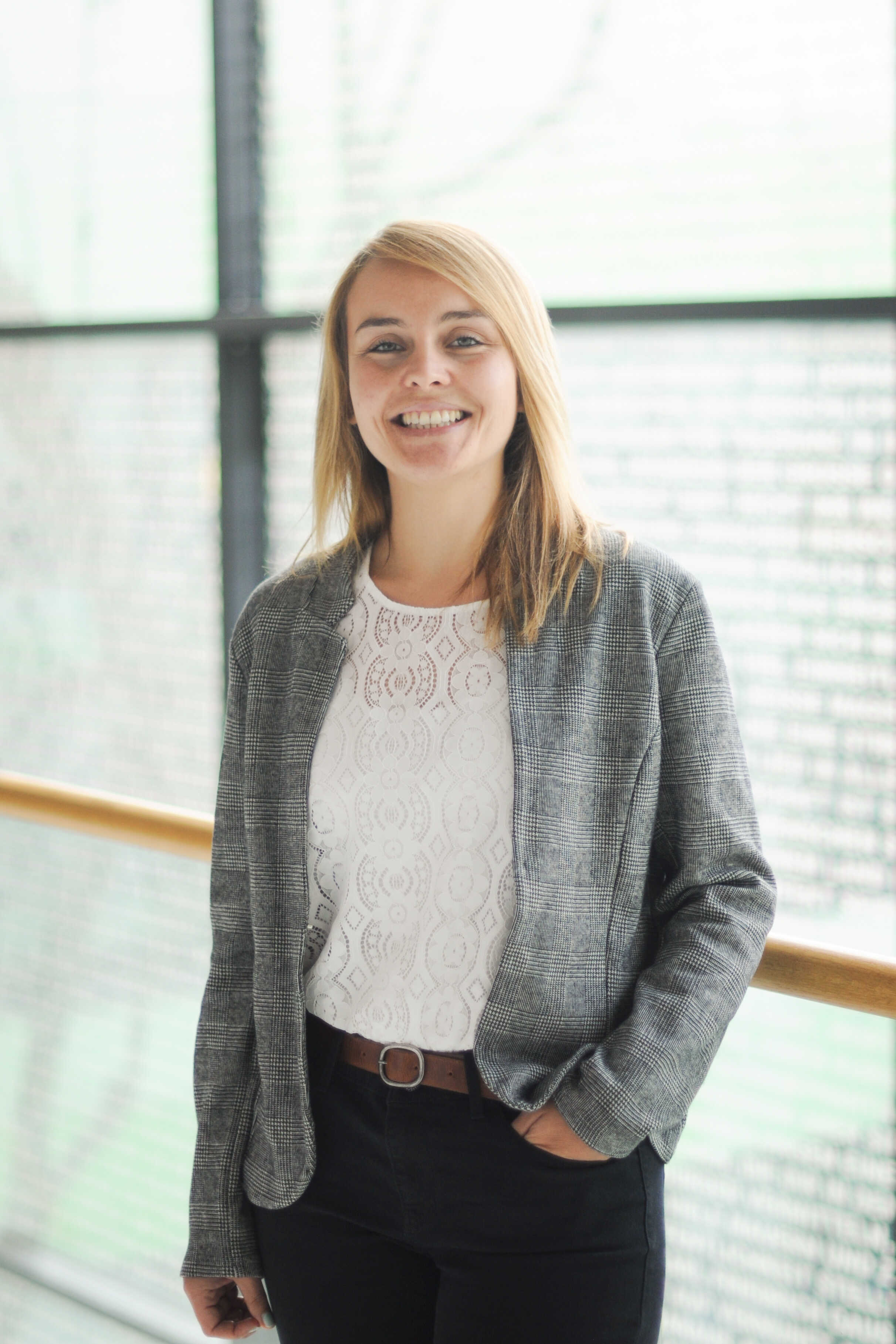
Christina Viehmann
Christina Viehmann is a postdoctoral researcher at the Department of Communication at the University of Mainz, Germany. In her research, she is concerned with questions from the field of political communication, especially how media debates and discourses on social media drive societal polarization or contribute to establishing cohesion.
Daniel Malmer
Dan Malmer is a PhD student at UNC-Chapel Hill. He studies online radicalization, extremism, and conspiracy theories. He is a Silicon Valley veteran, having worked at a number of technology startups include Netscape Communications. Dan holds computer science degrees from The University of Illinois and Stanford University.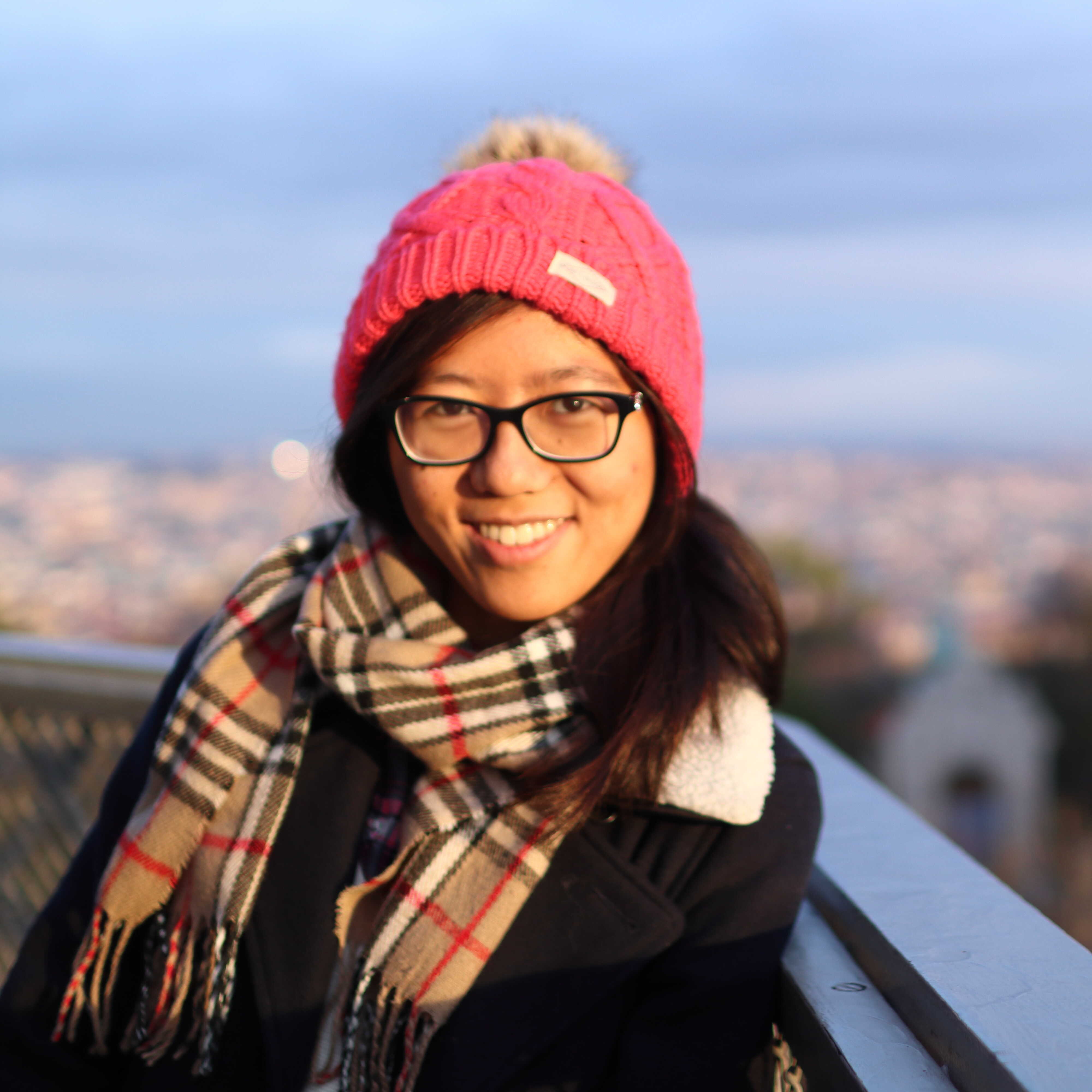
Lucie Wang
Lucie Wang is a master’s student in Data Science and an incoming student in Quantitative Sociology and Demography, both at the Institut Polytechnique de Paris. She has a background in Mathematics and Computer Science, and aspires to apply her computational skills for Social Studies. Her research interests span digital sociology, media literacy, and political sociology.
Huichao Huang
Huichao Huang is a postgraduate student in Digital Sociology at the University of Edinburgh. Her research explores the effects of the Covid-19 pandemic on cultural consumption, by analyzing large datasets of song lyrics and music tastes over time. She holds a BA in Linguistics and Literature from Zhejiang University of Technology.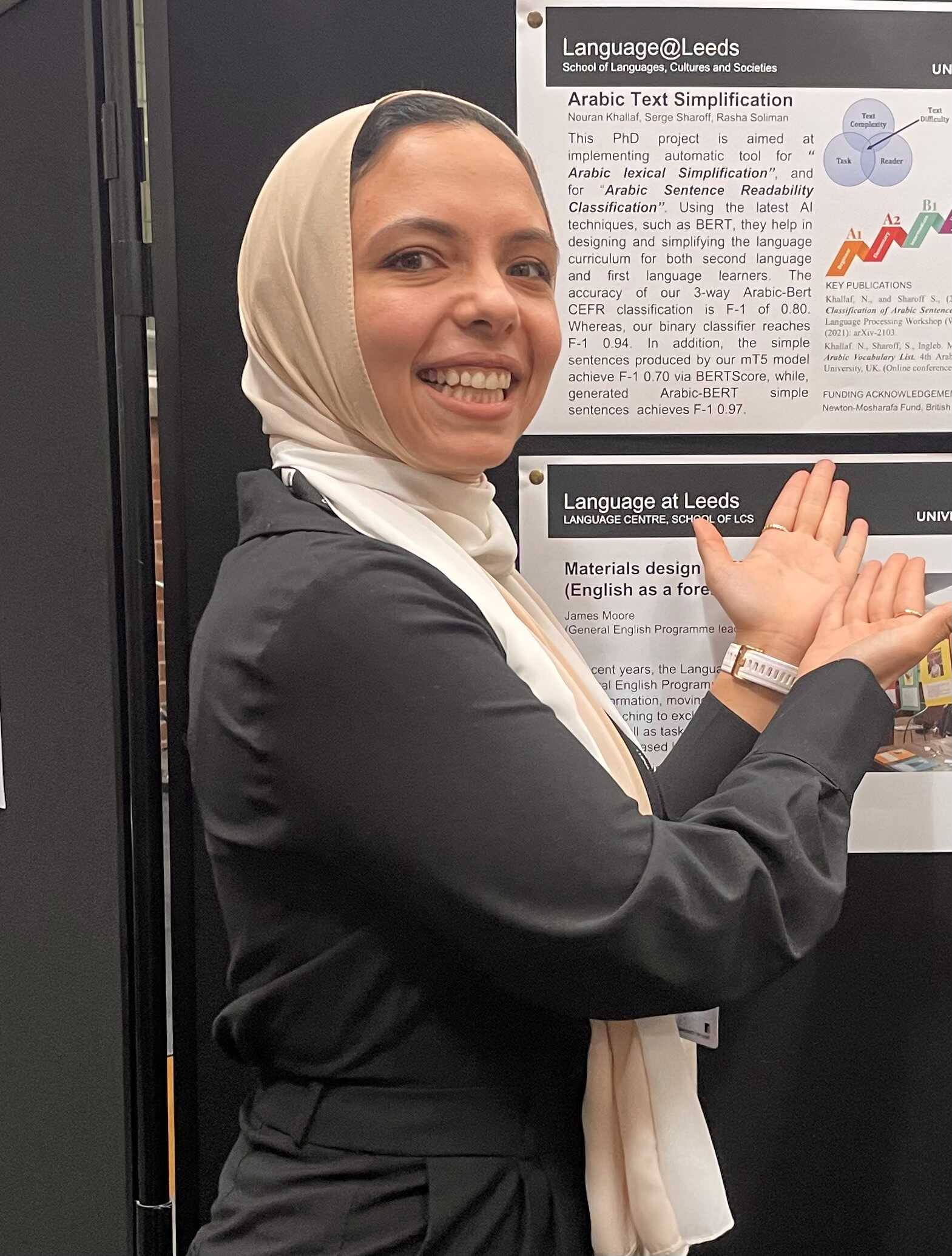
Nouran Khallaf
Nouran Khallaf is a PhD researcher in computational linguistics at University of Leeds. She is investigating the Arabic text simplification task in light of teaching Arabic as a second language and language disabilities. Her research explores text complexity and how to simplify the text to make it easy-to-read and accessible by people with different intellectual levels. Prior to starting her doctoral studies, Nouran holds MA in computational linguistics from faculty of arts - University of Alexandria, Egypt. Nouran is particularly interested in Arabic natural language processing, data mining, and software development.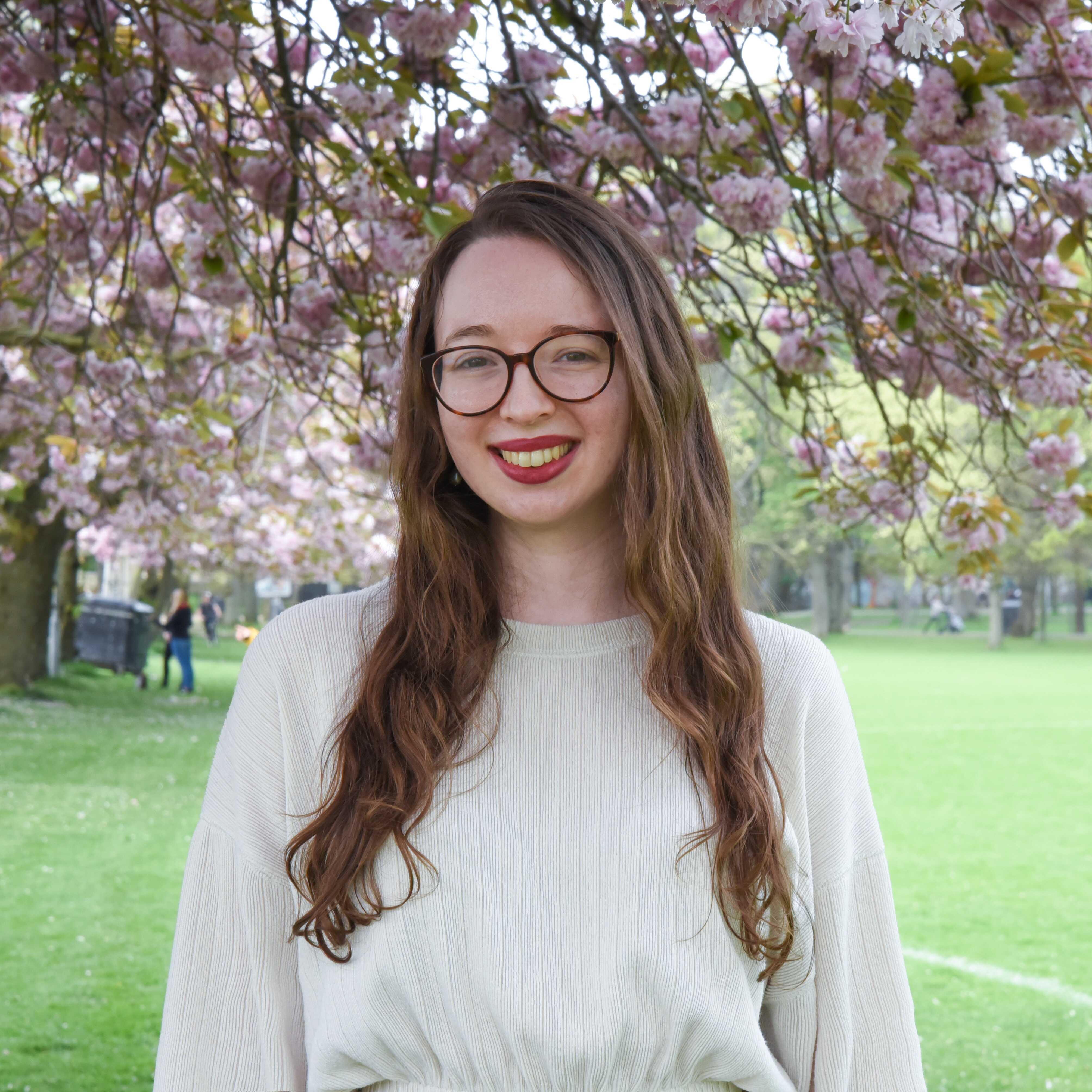
Sophia Knight
Sophia is the Programme Representative for MSc Digital Sociology at the University of Edinburgh. She holds a BA in English and Philosophy from the University of Sheffield, has a background in STEM, and is a published poet. Her research integrates computational social science techniques into mixed-methods analyses of large-scale cultural phenomena, such as podcasting.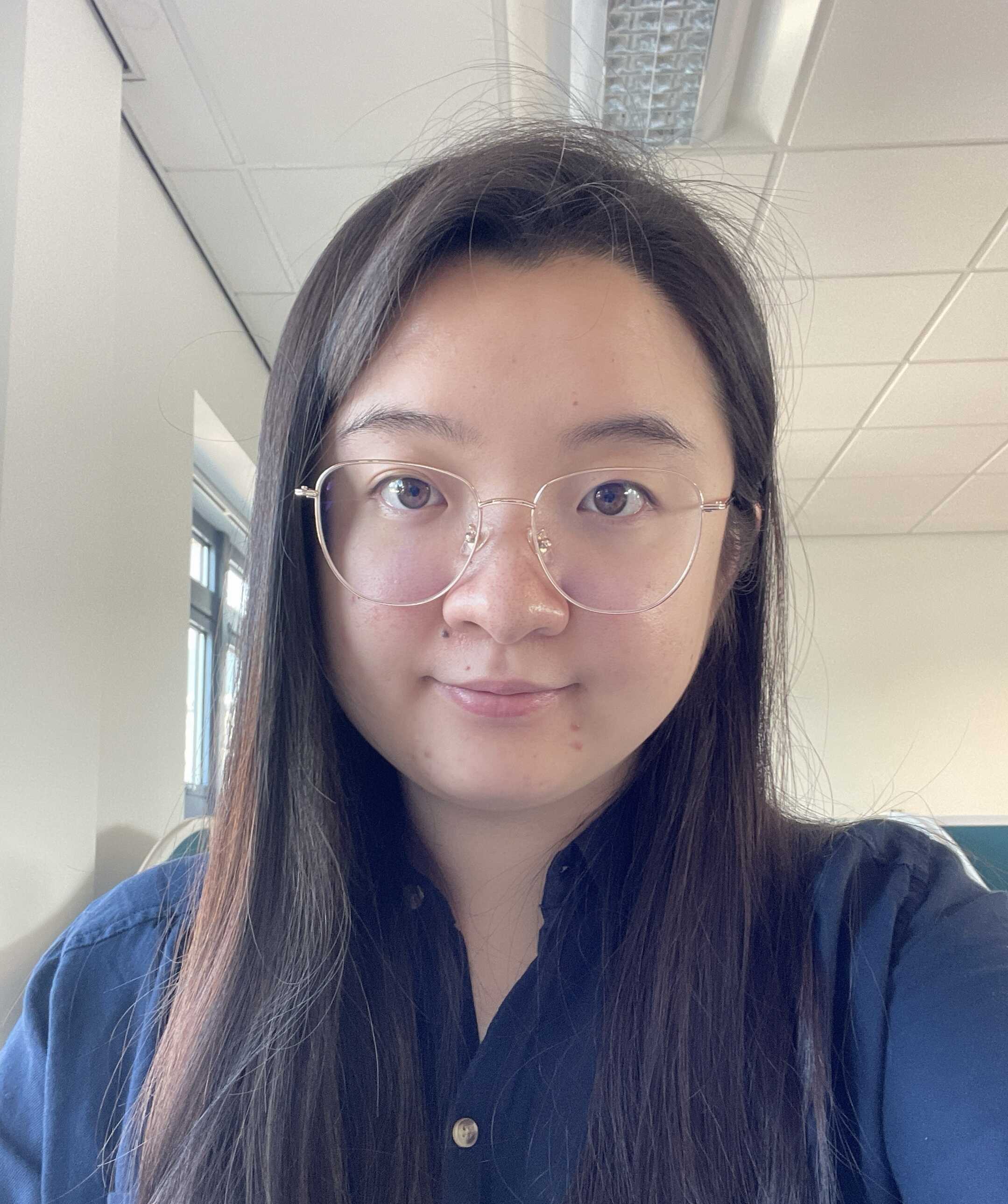
Yumeng Guo
Yumeng Guo is a doctoral student at the Department of Sociological Studies, University of Sheffield. Her doctoral thesis explores how governmental social media accounts discuss Covid-19 during the pandemic. Her research interests include qualitative studies on social media, cross-platform studies, and digital methods. Before entering Sociology, she held both her BA and MA in journalism.
Aleksander Bielinski
Aleksander Bielinski is PhD researcher at Edinburgh Napier University. In his doctoral study, he investigates how machine learning can be used to enhance the provision of labour market intelligence in Scotland. He is associated with the Centre for Social Informatics research institute, where together with his colleagues works towards a better and more inclusive digital future.